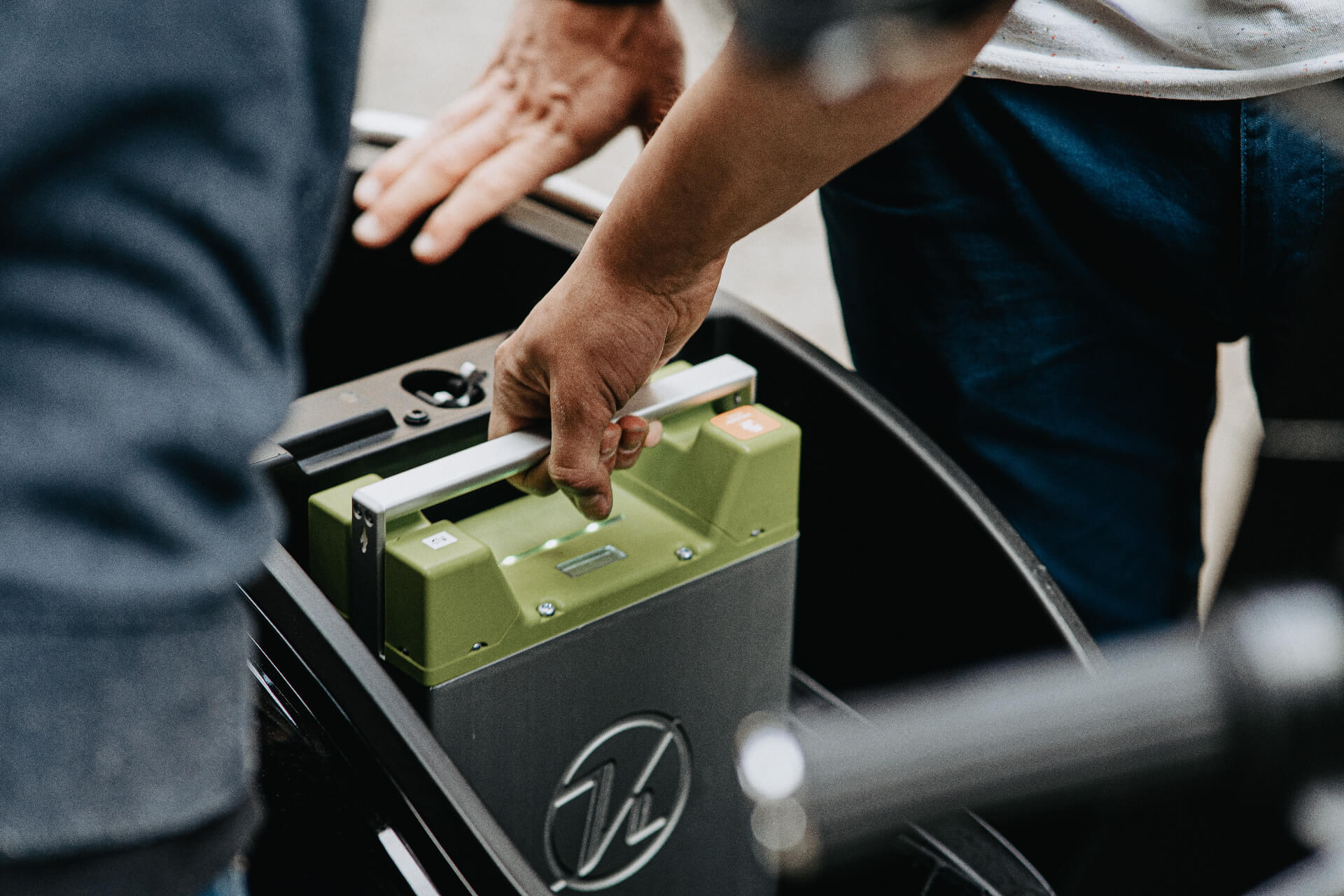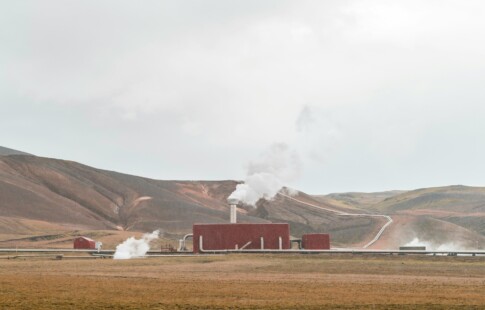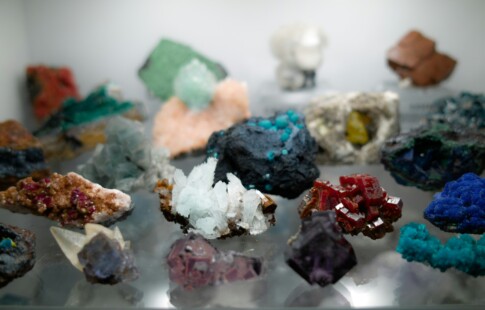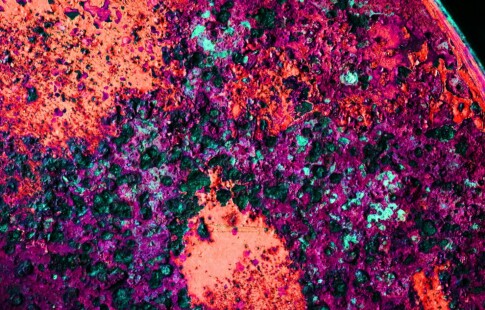
Aquion Battery Price Remains Unknown After Post-Bankruptcy Resurgence
We are reader-supported. When you buy through links on our site, we may earn affiliate commission.
Companies are scrambling to generate the next big idea for batteries, primarily as electric vehicles become more fashionable and commercially viable. Lithium-ion is somewhat out, and hybrid ion is somewhat in. That is how the Aquion battery became relevant in industries, with a rocky history that fortunately resulted in a happy ending. Who is Aquion Energy, and is their Aquion battery price accessible in a world of volatile sustainable tech prices?
The Beginnings of the Aquion Battery
The Aquion battery is a product of Aquion Energy, a Pennsylvania-Washington D.C. company revolutionizing clean batteries and energy storage systems. They created a saltwater battery with sodium ions and an equally efficient storage device. The venture catalyzed in 2008 after a medley of high-profile investors, such as Bill Gates, believed in the initiative to propel batteries into its next generation of sustainable development. The hype equated to over $200 million.
The innovation matches modern efforts to reinvent the lithium-ion battery with safer alternatives that are less reliant on rare metals and fossil fuels to create. Lithium-ion batteries have garnered a slightly misconstrued reputation for being a fire hazard. Naturally, non-flammable solutions are the next attractive thing for stakeholders.
After several years of venture capitalist funding, numerous grants and awards, and breaking ground for manufacturing operations in 2012, prospects seemed optimistic. The Aquion battery price was estimated at around or under $300 per kilowatt-hour, which was highly competitive at the time. Aquion wanted to progress far enough to make that number less than $200, with the disclaimer that it would take time to advance to that point.
At the beginning of 2014, business looked promising. Aquion had Cradle-to-Cradle and LEED certifications, pleasing environmental advocates. Saltwater batteries have a lot of promise, from reducing excess pollution to preventing overmining. They had international enterprises selling their wares, such as Solar PV Partners in the UK. They continued to attempt to scale and streamline manufacturing for years while continually seeking funding. In 2017, Aquion Energy hit a wall because operations were more costly than they had predicted.
The Chapter 11 Saga
In March 2017, Aquion Energy filed for Chapter 11 bankruptcy after firing 80% of its staff and ending its operations and sales. The mass layoffs and sudden production halt raised concerns. However, it was hopefully the beginning of a recovery for the debts Aquion accumulated. It was time for them to reorganize their assets and financials for a potential bounce-back. Some suspected they would sell their holdings to the highest bidder, as many were interested in the technology they created.
In the meantime, experts decided to weigh in on what they think caused the filing. This was among a lawsuit from the fired employees, claiming their dismissal was a violation of the WARN Act. Updates from this case were not publicized.
Many believed the primary oversight was relying on external funding. Aquion Energy was scaling too hard and fast. There needed to be more returns to justify the investors to keep dumping resources into the project.
Aqion thought it could rely on mainly venture capitalist funding until it found its footing, but it realized those funds could dry up after appearing seemingly infinite. Promising projects were sealing false hope, such as microgrid projects in Hawaii and California and prospective ideas to expand to Japan. Lithium-ion batteries saw a drastic price dip by the time it was almost possible for the battery to hit its prime. The $300 per kilowatt-hour was no longer enticing.
The political landscape at the time in the U.S. was another consideration. Under the Trump administration, eco-friendly legislation, funding, and initiatives were slighted. It was not an ideal time to be banking on an already risky clean energy startup when regulations were in such flux. But, the Chapter 11 bankruptcy ended up being the best choice for them to get their product out into the world during years when products like this were almost doomed to fail.
The Comeback Battery?
It only took a few months for the story to come to a temporary close. Suspected Chinese-affiliated Juline-Titans LLC won the battle to obtain Aquion Energy for $9 million in June 2017.
The Big Move
In September 2017, the company closed its Pennsylvania plant to move operations to China — to the upset of the state and local stakeholders. However, the buyer promised Aquion would become the world-leading battery seller as promised.
The way Aquion would accomplish this is by selling to larger commercial targets. Initially, the company intended to support small grid and renewable energy projects, potentially performing outreach to provide electricity for underprivileged communities. With operations moving to China, the new owners intend to scale income with clients with deeper pockets.
The Battery Now
So that makes many consumers wonder — what is the Aquion battery price in 2023? Are they still above water?
The sodium-ion battery market is projected to grow 11.8% from 2023-2030. It is uncertain if Aquion’s contributions are current players or catalysts for modern innovations. Aquion’s efforts are still in research studies and projections. However, extensive digging will reveal little to nothing about Aquion Energy’s or Juline-Titans LLC’s saltwater battery developments since 2017. Aquion’s presence has all but disappeared from online spaces since the acquisition.
The Aquion Legacy
Despite the history of Aquion Energy being so chaotic, it did inspire other local Pennsylvania innovators to find a home there. A similar battery startup, Eos, believes they have a cushion and security that Aquion did not have back in the day, mainly due to legislation like the Inflation Reduction Act.
Aquion Battery Developments, Downfall, and Disappearance
Even though nobody seems sure about what happened to Aquion’s beginning efforts, saltwater batteries are obviously still influential in the clean energy and electric automotive landscape.
The world may not need Aquion Energy specifically to take batteries to the next level, but it was an inarguable inspiration for many. The more traction lithium-ion battery alternatives make, the more likely they will become as cost-effective as their competitors — cleaning up the world even more.
Share on
Like what you read? Join other Environment.co readers!
Get the latest updates on our planet by subscribing to the Environment.co newsletter!
About the author

Jane Marsh
Starting from an early age, Jane Marsh loved all animals and became a budding environmentalist. Now, Jane works as the Editor-in-Chief of Environment.co where she covers topics related to climate policy, renewable energy, the food industry, and more.





